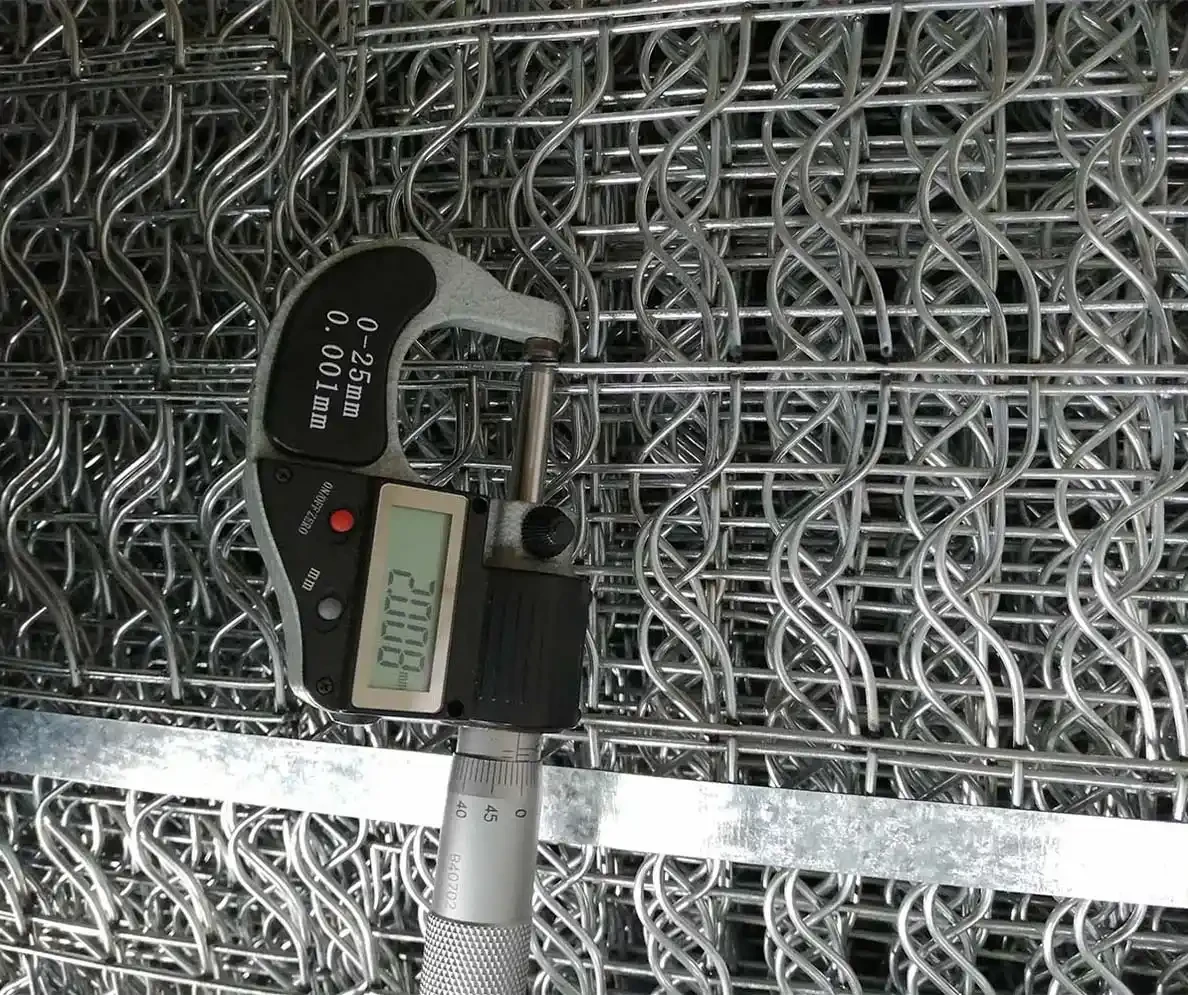- Industrial zone, South of Anping Town, Hengshui, Hebei, China.
- sales@hfpetromesh.com
- +86-18931809706
steel floor grates for sale
Steel Floor Grates for Sale A Comprehensive Guide
When it comes to industrial and commercial environments, the importance of proper flooring cannot be overstated. Steel floor grates have gained significant popularity for their durability, versatility, and functional benefits. This article will explore the various types of steel floor grates available for sale, their advantages, and considerations for choosing the right one for your needs.
What Are Steel Floor Grates?
Steel floor grates are typically made from high-strength steel and designed to provide a robust flooring solution. They are used in a variety of settings, including factories, warehouses, commercial buildings, and even outdoor spaces. These grates allow for efficient drainage, ventilation, and support heavy loads, making them an excellent choice for many applications.
Types of Steel Floor Grates
1. Bar Grates These are one of the most common types of steel floor grates. They consist of longitudinal bars spaced apart to create openings. They are ideal for areas that require heavy load-bearing capabilities while still allowing water and debris to pass through.
2. Mesh Grates Offering a different design approach, mesh grates provide a continuous surface made of steel wires or rods woven together. They are typically used in applications where smaller objects may need to be filtered out, such as in food processing plants or pharmaceutical facilities.
3. Custom Grates In many cases, off-the-shelf solutions may not fit your unique requirements. Custom steel floor grates can be designed and manufactured according to specific dimensions, load ratings, and styles to meet the demands of your project.
Advantages of Steel Floor Grates
- Durability Steel is known for its strength. Steel floor grates can withstand heavy loads, making them suitable for high-traffic areas.
- Corrosion Resistance Many steel grates are treated with galvanization or coated with specialized finishes to prevent rust and corrosion, increasing their longevity
.steel floor grates for sale

- Versatility Available in various styles and sizes, steel floor grates can be used in diverse applications, including drainage, ventilation, and support for heavy machinery.
- Safety With their slip-resistant surfaces, steel grates help reduce the risk of accidents, making them ideal for both indoor and outdoor use.
Considerations When Purchasing Steel Floor Grates
1. Load Rating Assess the expected loads that the grates need to bear. Choose grates that meet or exceed these requirements to ensure safety and performance.
2. Material and Finish Depending on the environment, select grates that offer appropriate corrosion resistance. For outdoor applications, stainless steel or galvanized options are often preferable.
3. Size and Spacing Ensure that the size of the grates and the spacing between the bars align with your needs, especially in environments requiring drainage.
4. Cost Consider your budget when selecting steel floor grates. While investing in high-quality grates may seem expensive initially, the long-term benefits can outweigh the upfront costs.
5. Compliance Ensure that the grates conform to any relevant industry standards or regulations. This is particularly crucial in industries like food processing and pharmaceuticals.
Conclusion
Steel floor grates offer numerous benefits and are an indispensable part of many industrial and commercial applications. With various types available for sale, it is essential to choose the right one based on your specific requirements. By considering factors such as load rating, material, size, and compliance standards, you can ensure that you invest in a solution that enhances safety, functionality, and durability for your space. Whether you’re renovating an existing facility or constructing a new one, steel floor grates are a proven choice that will stand the test of time.
-
The Power of Pyramid Shaker Screen - A 3-Dimensional SolutionNewsOct.24,2024
-
Exploring the Versatility and Durability of Steel GratingNewsOct.24,2024
-
Revolutionizing Drilling Efficiency with Steel Frame Shaker Screens for Mud Shale ShakersNewsOct.24,2024
-
Potential of Shale Shaker ScreensNewsOct.24,2024
-
Offshore Pipeline Counterweight Welded Mesh - Reinforced Mesh in Marine EngineeringNewsOct.24,2024
-
Revolutionizing Offshore Pipeline Stability with Concrete Weight Coating MeshNewsOct.24,2024
